The Shame Sh!tshow
A story about shame… You might already be shifting uncomfortably in your seat or considering swiping past. We just don’t talk about it enough. The reality is, we all experience shame of some kind and what enables it to grow is secrecy and silence. Not talking about it, is like shame fertiliser.
First of all, let’s differentiate between guilt and shame. Guilt is something we feel when we think “I’ve done something bad”. Shame is what we feel when we think “I am bad”. Very different. I first began to understand shame when I read Brené Brown’s Gifts of Imperfection (one of my game-changing books you’ll find in the review section).
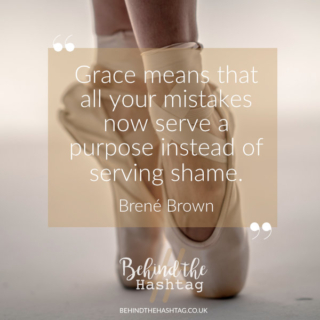
Shame erodes your self-esteem over time; it may be triggered by many different things but is fuelled by secrecy, silence and judgement. As I was reading the book, and doing a lot of other work to address unhealthy habits in my life, I realised that I had inadvertently created a bit of a “Shame Sh!tshow”. The “not good enough” story was being fed regularly by a great deal of judgement in my life at the time. House not clean enough, not a good enough mother, not thin enough, not clever enough, not a good enough wife… just generally NOT ENOUGH. Sound familiar?
When the “Shame Sh!tshow” is in full flow, you generally don’t feel worthy of anything good in your life. This is the space where addictions can begin to show up – thankfully the most damaging I get is crisps and chocolate, although honestly, I can do enough harm with just those two.
I’m sure you’re wondering, how do you break the silence? Especially if it has been going on for a very long time. When I first found myself in a safe space to open up, I was a good 15 years into my silence. Initially, I only scratched the surface – I didn’t get to the issues that were at the absolute core. You need a non-judgmental space – that’s vital. If you trust someone and break your silence only to be met by judgement and lack of empathy, it’s almost worse than if you’d never opened up at all.
I was lucky to get some professional counselling through an Employee Assistance Programme at work. I think it was the first time I really opened up properly and could see clearly how secrecy and silence had kept me in a truly awful “Shame Sh!tshow”. The path out of it was genuinely liberating though. I’ve always deeply admired people who could own and share their stories. I think it’s why I’ve loved the Oprah show from way back when. The stories would often really inspire me, what I didn’t realise is that a common theme among people who practice shame resilience is that they own and share their stories.
 If secrecy is shame fertiliser, then honesty is the weed killer (sorry, I have been doing a lot of gardening recently!). To quote Brené Brown “Honest conversations about shame can change the way we live, love, parent, work and build relationships.”
If secrecy is shame fertiliser, then honesty is the weed killer (sorry, I have been doing a lot of gardening recently!). To quote Brené Brown “Honest conversations about shame can change the way we live, love, parent, work and build relationships.”
Once I’d made the initial breakthrough on shame–it actually released A LOT of pushed down anger, so it wasn’t all unicorns and rainbows on day one–I did have to work out what to do with future shame. The advice from Brené Brown is simple:
- Know what triggers shame for you
- Reality check the messages – imperfect does not mean inadequate!
- Tell your story to someone you trust
- Talk about shame – actually use the word!
This approach works – if you remember to follow it. I recently had a trigger at work that I missed, and I went off into some “Shame Sh!tshow” stories… it really affected me for a few days then I caught myself and got out of the funk. You have to keep an eye on it, it’s not a once and done thing.
What are you keeping secret and silent that may be fuelling shame? As shame grows, so too does the fear, find a safe and trusting place to open up. If you break the silence, you will break the shame cycle.

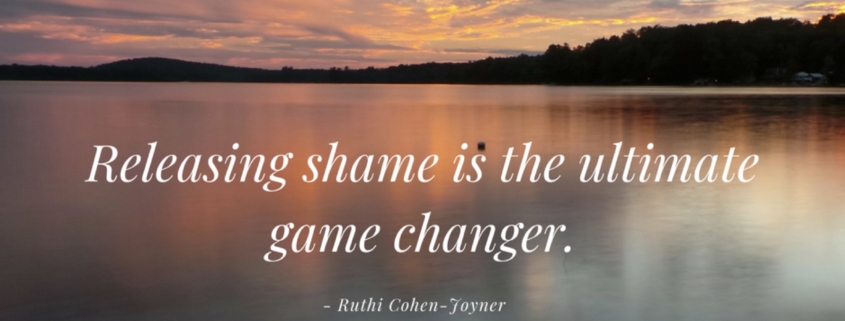
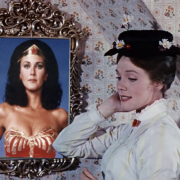

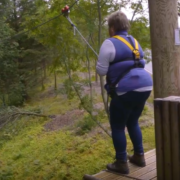

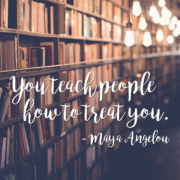
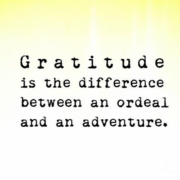


So true Jean and beautifully written. I think shame seems to wither when you expose it to trusted friends show you compassion and love!
Sam it honestly does! So important its with the right people but it’s incredible the power of the light being shone on it. X